Best AI tools for< Sto Advisor >
Infographic
5 - AI tool Sites
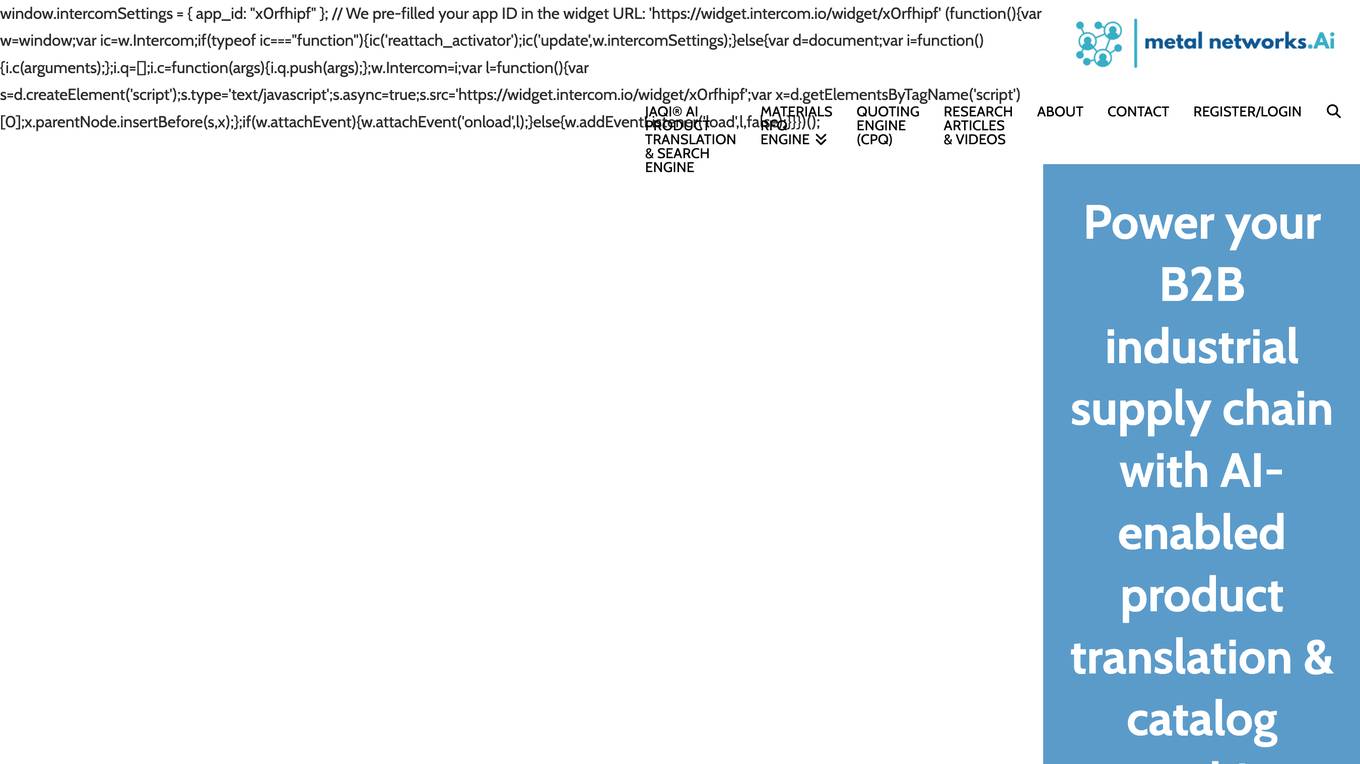
Metal Networks
Metal Networks is an AI-enabled B2B software platform that aims to transform B2B industrial supply chains by simplifying quoting processes through AI-enabled product taxonomy and catalog search. The platform addresses the challenges faced by both buyers and suppliers in the industrial material and commercial markets, such as product abbreviations, lack of taxonomy, manual data entry, and messy catalogs. By leveraging AI technology, Metal Networks streamlines RFQ processes, enhances digital experiences, and boosts operational efficiency for organizations. The platform caters to wholesalers, suppliers, distributors, producers, manufacturers, procurement buyers, traders, software providers, integrators, and various managerial roles by offering seamless digitization solutions.

404 Error Page
The website displays a '404 - Page not found' error message indicating that the requested page does not exist or has been moved. It is a common error message encountered when a user tries to access a webpage that is unavailable. The message serves to inform the user that the desired content is not accessible at the moment.
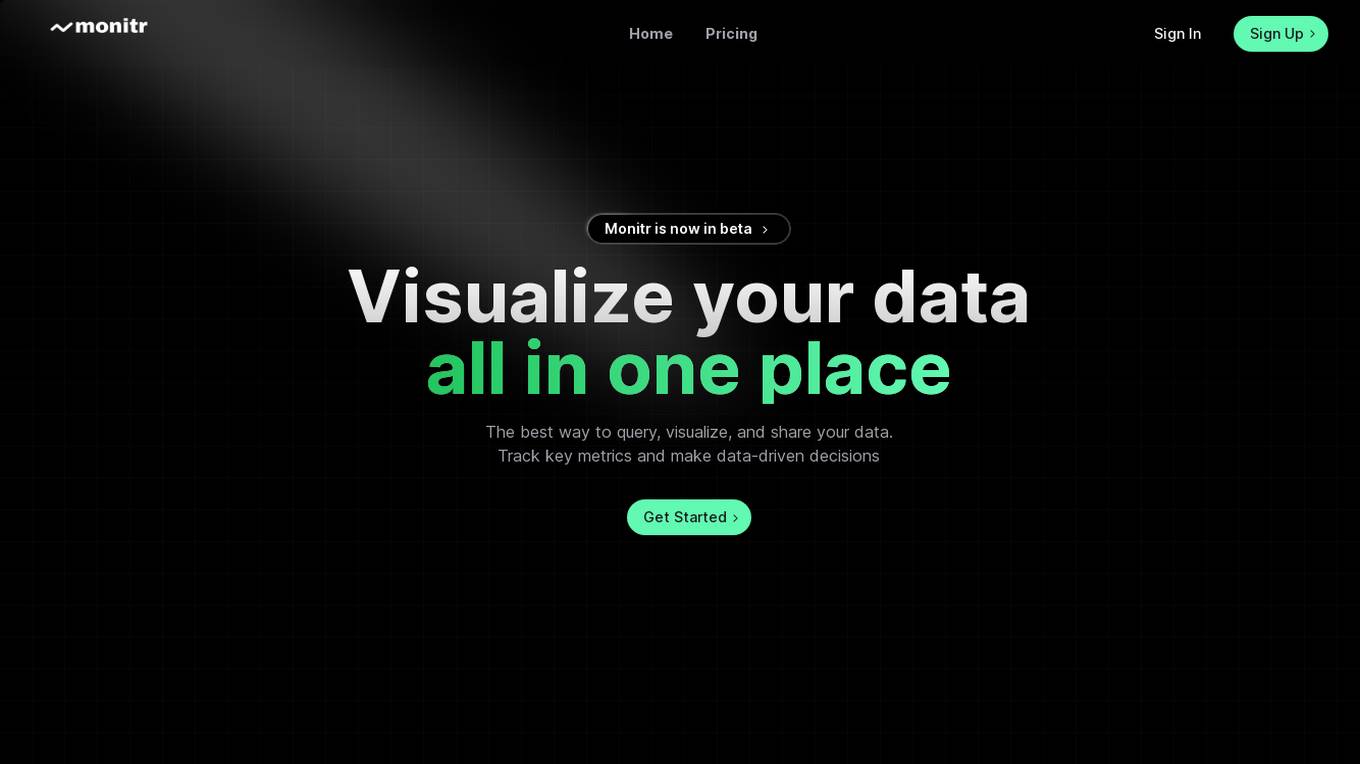
Monitr
Monitr is a data visualization and analytics platform that allows users to query, visualize, and share data in one place. It helps in tracking key metrics, making data-driven decisions, and breaking down data silos to provide a unified view of data from various sources. Users can create charts and dashboards, connect to different data sources like Postgresql and MySQL, and collaborate with teammates on SQL queries. Monitr's AI features are powered by Meta AI's Llama 3 LLM, enabling the development of powerful and flexible analytics tools for maximizing data utilization.
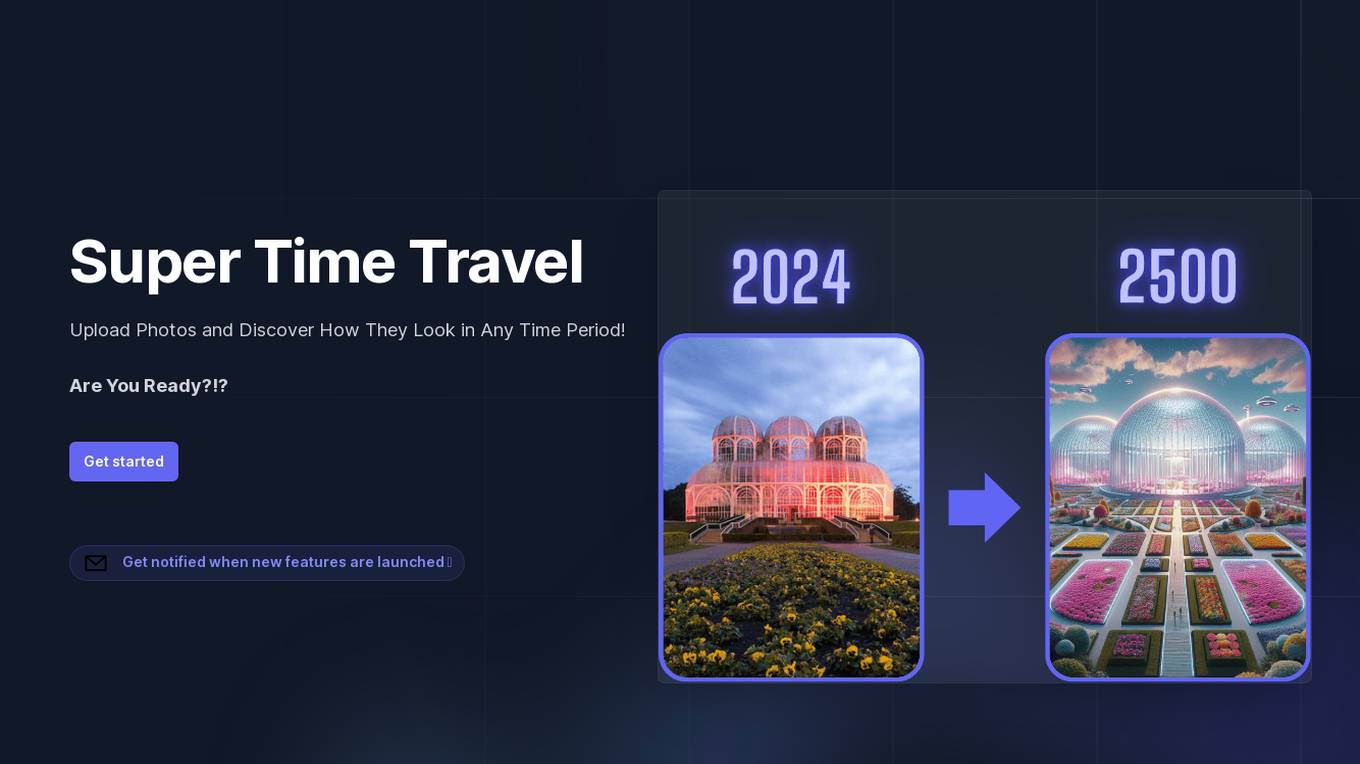
Super Time Travel
Super Time Travel is an AI tool developed by AE Studio that allows users to upload photos and discover how they would look in any time period. The tool provides a novel form of entertainment where people can creatively engage with their own photos, imagining how they might look in different historical periods or futuristic scenarios. AE Studio is a development, data science, and design studio that works closely with founders and executives to create custom software, machine learning, and BCI solutions.
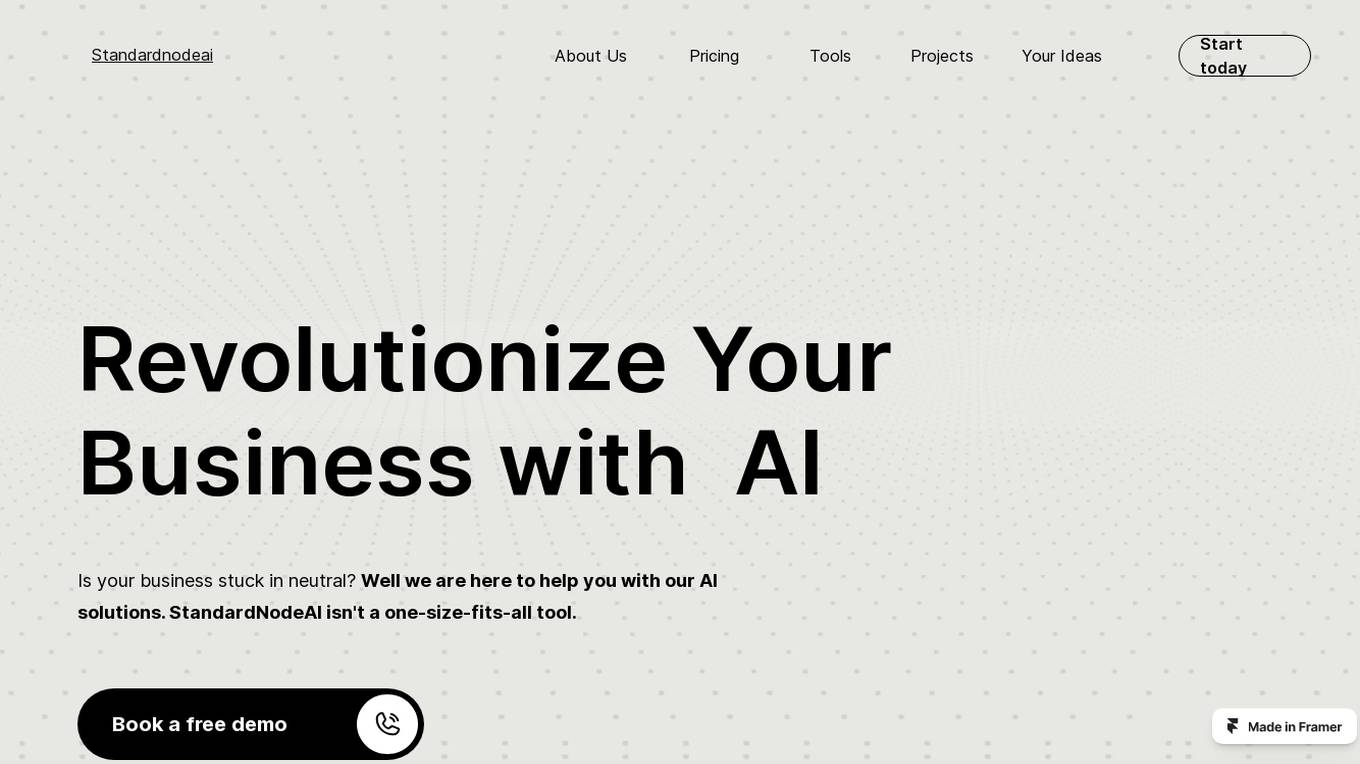
StandardNodeAI
StandardNodeAI is an AI application that offers end-to-end sales systems utilizing AI to help businesses scale without huge costs. It provides bespoke AI solutions, AI chat agents, and tools to optimize operations, streamline workflows, and automate tasks. The application also offers AI models to gain actionable insights, custom solutions to save time and increase revenue, and LLM's to improve work productivity. StandardNodeAI replaces manual staff timings with 24/7 customer support and lead qualification, making it easier for clients to manage leads effectively. The application aims to revolutionize businesses by harnessing the efficiency of AI and providing tailored solutions for startups and businesses.
0 - Open Source Tools
2 - OpenAI Gpts

STO Advisor Pro
Advisor on Security Token Offerings, providing insights without financial advice. Powered by Magic Circle
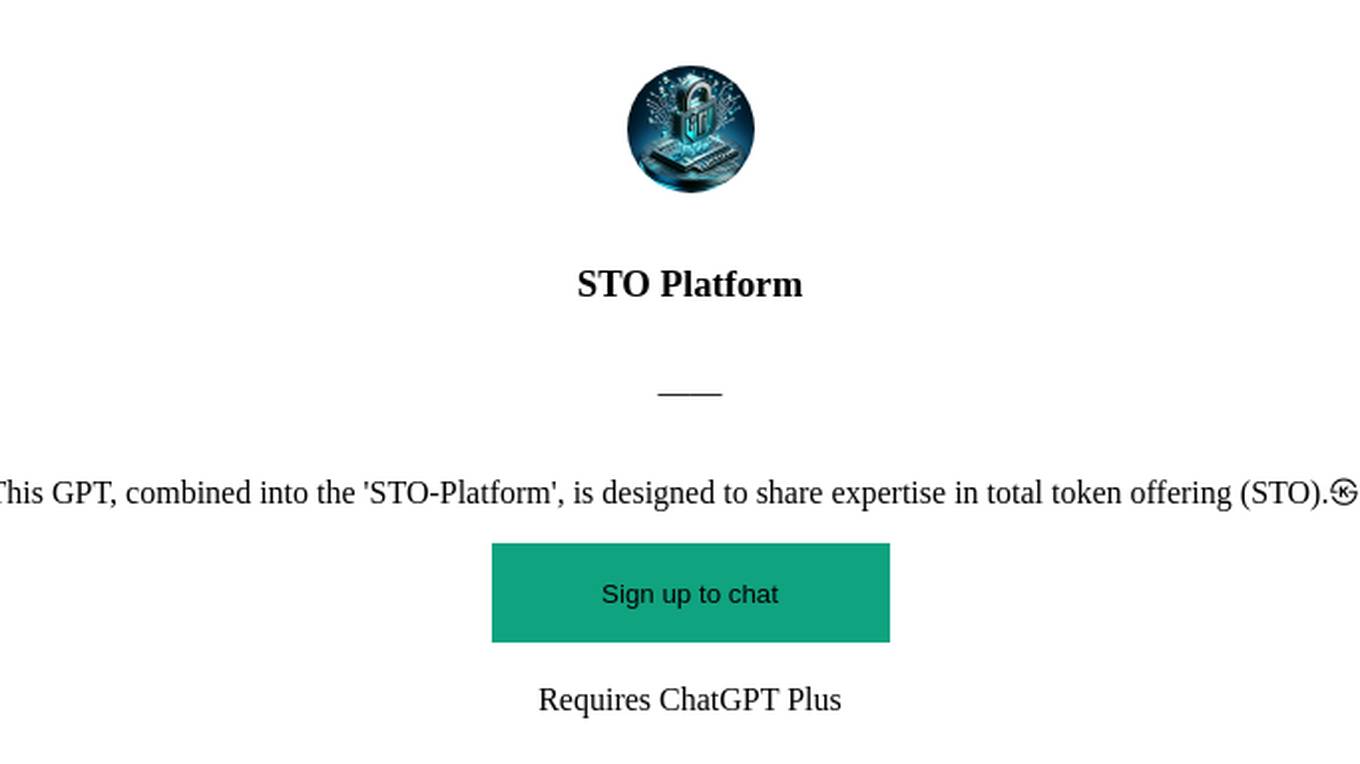
STO Platform
This GPT, combined into the 'STO-Platform', is designed to share expertise in total token offering (STO).㉿㉿